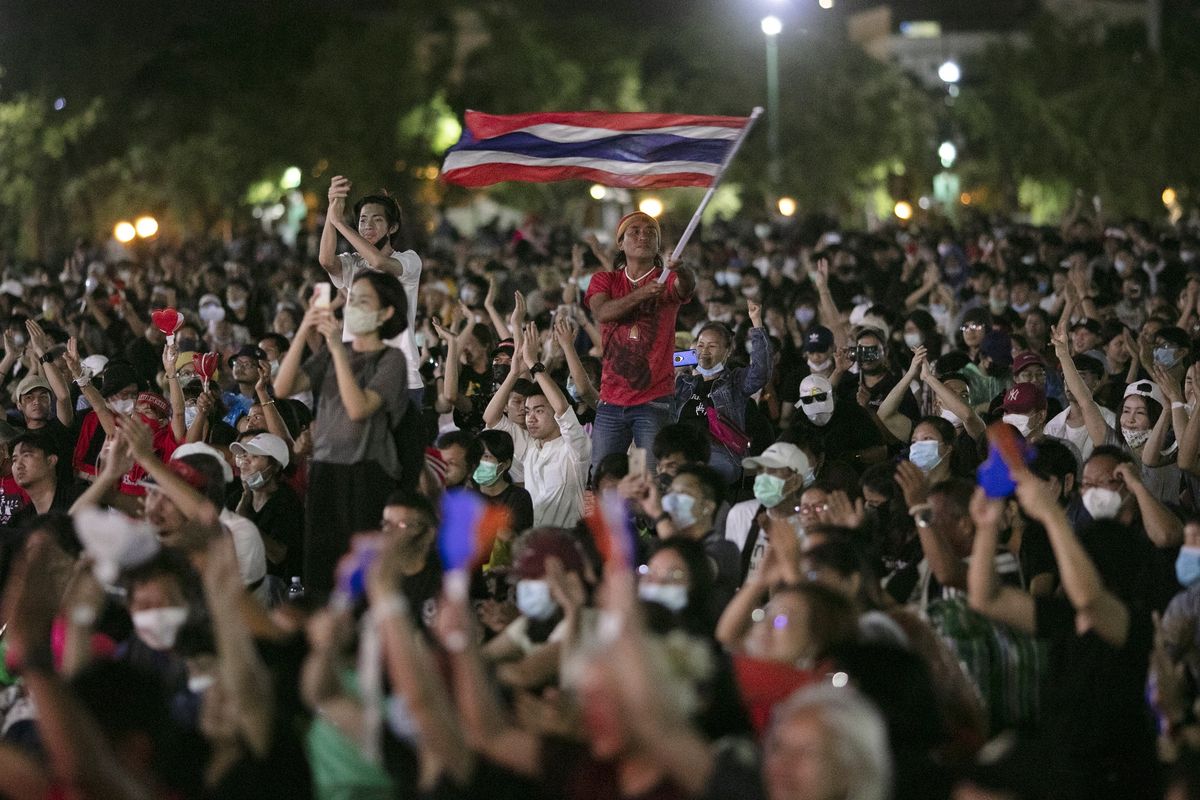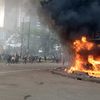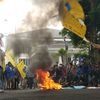Thailand’s Protests in 2020: What Activists Demand and What's Next?

Read also: Pro-Democracy Activists in Hong Kong To Keep Fighting On
Daring to take on the taboo topic of the monarchy is also a first.
Under the constitution, the royals — including super-rich King Maha Vajiralongkorn — are supposed to stay out of politics, but they wield enormous clout.
Since the king took the throne in 2016, he has made unprecedented changes, taking direct control of the palace's fortune and moving two army units under his command.
At his side are the arch-royalist military and powerful billionaire clans.
Read also: Thailand to Extradite Red Bull Heir after Interpol ‘Red Notice’
What's the reaction?
Mixed. The student-led protests in Thailand have drawn support from a broad demographic, including many from the working class.
The movement has also spread to high schools across the country, with teenagers tying white bows of solidarity in their hair and on backpacks.
But pro-royalist groups have held their own, smaller counter-demonstrations with mostly older protesters enraged at the perceived affront to the monarchy.
What comes next?
The emergency decree issued Thursday gives police powers to arrest anyone suspected to be involved in the protests, and also to seize "electronic communications equipment, data, and weapons suspected to cause the emergency situation".
But pro-democracy activists in the country vowed to push ahead with a demonstration at Ratchaprasong intersection in downtown Bangkok on the afternoon of October 15.
It's unclear whether this will still go ahead given the arrests of student leaders Parit "Penguin" Chiwarak, Panusaya "Rung" Sithijirawattanakul, and human rights lawyer Anon Numpa — the three most prominent figures calling for royal reform.
Read also: Royal Thai Police to Boost Human Trafficking Training


































